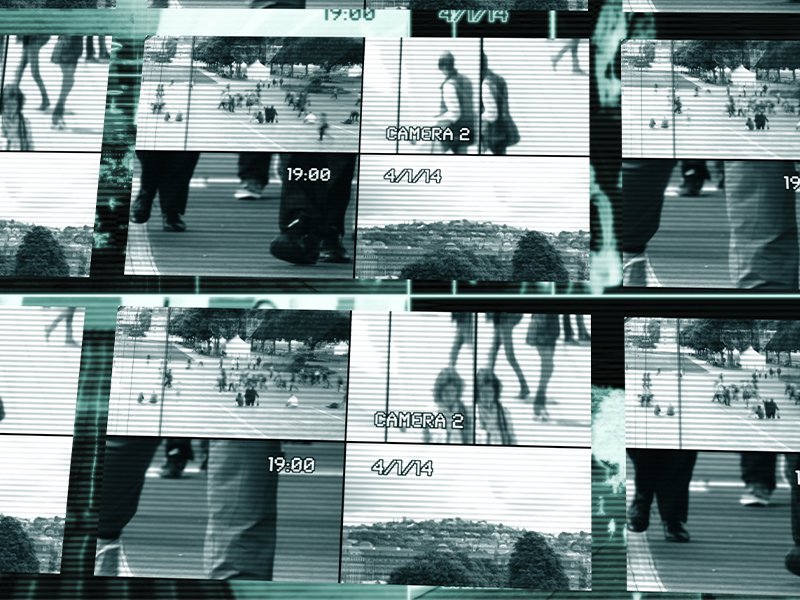Civil depositions, sworn examinations outside of court, are crucial pillars of the discovery process in legal disputes. However, the sheer volume of information generated during depositions can be burdensome to analyze, prompting the exploration of artificial intelligence (AI) technology as a potential solution. While AI offers undeniable efficiency and analytical capabilities, its use in depositions raises significant ethical concerns. This article critically examines the potential benefits and drawbacks of utilizing AI in civil depositions, ultimately arguing for a cautious and nuanced approach that prioritizes ethical considerations alongside technological advancements.
The Allure of AI in Depositions:
Proponents of AI in depositions highlight several potential benefits. Firstly, AI can significantly reduce the time and cost associated with reviewing deposition transcripts. AI-powered tools can analyze vast amounts of text, identifying key themes, inconsistencies, and potentially relevant information that might be missed by human reviewers. This efficiency frees up valuable time for attorneys to focus on strategic aspects of the case, potentially leading to fairer outcomes by enabling proper preparation and resource allocation.
Secondly, AI can offer objective analysis of deposition transcripts, potentially mitigating the potential for human biases to influence the interpretation of the information. By relying on algorithms and established criteria, AI can highlight relevant information regardless of the attorney’s pre-existing beliefs or assumptions, potentially leading to a more comprehensive understanding of the facts and a more balanced approach to litigation.
Furthermore, AI can identify patterns and connections that humans might miss. By analyzing vast amounts of data, AI can discover subtle correlations and inconsistencies, uncovering potential avenues of inquiry that may not be readily apparent to human reviewers. This can lead to the discovery of crucial evidence or a deeper understanding of the case’s complexities.
Ethical Concerns and Potential Pitfalls:
Despite the potential benefits, the use of AI in depositions raises significant ethical concerns. Firstly, there are concerns about bias and fairness. AI algorithms are only as good as the data they are trained on. If the training data is biased, the AI tool may perpetuate and amplify these biases in its analysis, potentially leading to unfair outcomes for one party or the other.
Secondly, the transparency and explainability of AI algorithms are often limited. Unlike human reasoning, the inner workings of AI models can be complex and opaque, making it difficult to understand how an AI tool arrived at its conclusions. This lack of transparency can undermine trust in the legal system and make it challenging to effectively challenge the results of the AI analysis.
Thirdly, the use of AI raises concerns about the dehumanization of the legal process. Depositions are inherently human interactions, and relying heavily on AI could inadvertently diminish the importance of human judgment and empathy in the legal process. This could have detrimental effects on the search for truth and the overall fairness of the legal system.
Furthermore, access to and affordability of AI tools could exacerbate existing disparities in the legal system. If the cost of AI tools becomes a significant barrier to entry, smaller firms and individuals may be disadvantaged, potentially creating an uneven playing field and hindering access to justice.
Navigating the Ethical Landscape:
Given the significant ethical concerns, a measured and cautious approach is necessary before widely adopting AI in civil depositions. To ensure ethical and responsible implementation, several key considerations are essential:
- Transparency and explainability: AI algorithms used in depositions should be demonstrably unbiased and transparent in their processes. Explanations of how the AI arrived at its conclusions should be readily available to attorneys and relevant parties involved in the deposition process.
- Human oversight: AI should not replace human judgment entirely. Legal professionals should retain critical oversight of the AI analysis, ensuring that the technology is used appropriately and ethically, and that the human element remains central to the deposition process.
- Regulation and ethical guidelines: The development and implementation of AI tools in the legal system should be accompanied by robust regulatory frameworks and ethical guidelines that ensure fairness, transparency, and accountability.
- Access and affordability: Measures should be taken to ensure that the cost of AI tools does not become a barrier to entry, preventing smaller firms and individuals from accessing this technology and potentially exacerbating existing inequalities in the legal system.
AI technology presents a powerful tool with the potential to revolutionize the way depositions are conducted. However, its potential benefits must be weighed against the significant ethical concerns surrounding its use. By prioritizing ethical considerations, fostering transparency and human oversight, and implementing robust regulatory frameworks, the legal profession can ensure that AI technology is utilized responsibly in a manner that upholds the core principles of fairness and justice within the civil deposition process.





